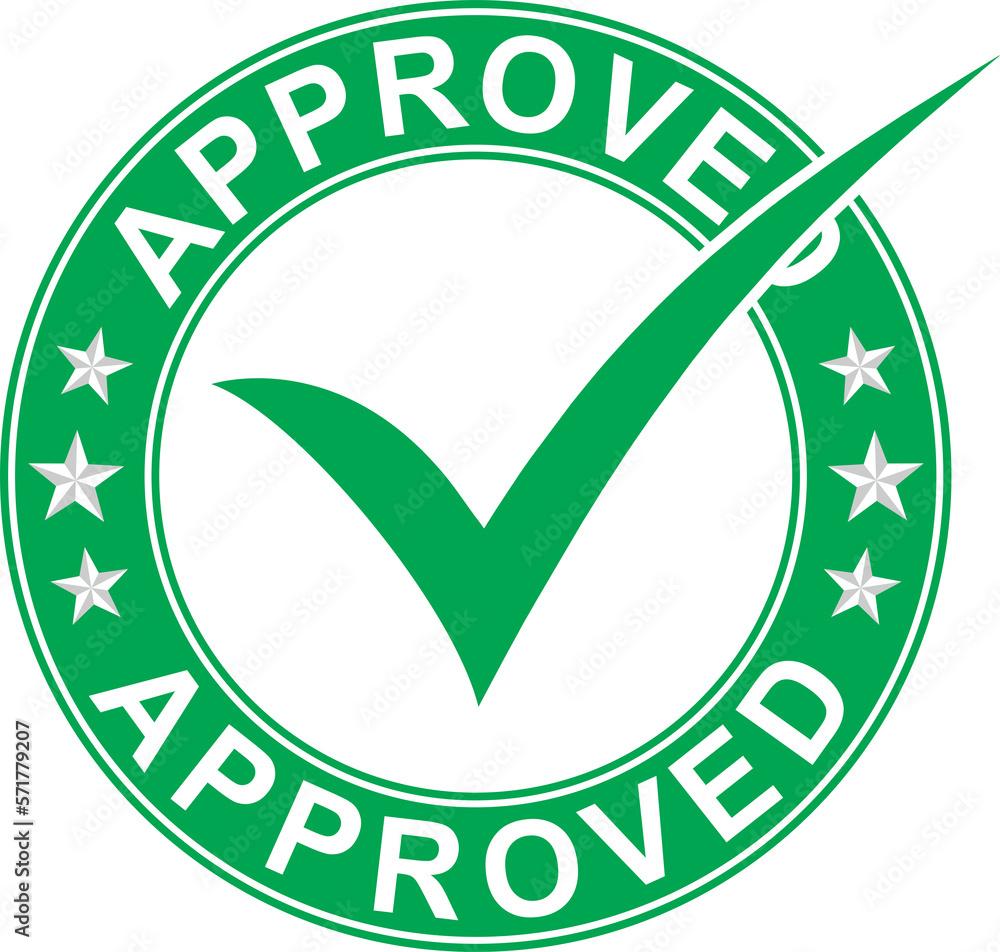The United Nations has taken a significant step towards greater transparency and fairness in its sanctions procedures. In a move aimed at ensuring individuals and entities can efficiently and fairly challenge their placement on its sanctions lists, the UN has approved new procedures that promise a more accessible and accountable appeals process. This development marks a crucial shift in the organization’s approach to sanctions enforcement, signaling a commitment to upholding due process and safeguarding the rights of those affected by its decisions.
Vision for greater transparency in UN sanction removal process
With the newly approved measures by the United Nations, the process of removing individuals and entities from its sanctions lists will now be more transparent and accessible. This development marks a significant step towards ensuring fairness and accountability in the sanction removal process.
The enhanced procedures will provide clear guidelines and criteria for individuals and entities seeking delisting, promoting greater understanding and cooperation between the parties involved. Additionally, the UN will establish a comprehensive review mechanism to assess requests for removal, further enhancing the transparency and efficiency of the sanction removal process.
Benefits of more inclusive procedures for individuals and entities
Under the new more inclusive procedures approved by the UN, individuals and entities will now have a transparent and streamlined process to petition for removal from sanctions lists. This will provide a fair opportunity for those who believe they have been wrongly targeted or have successfully addressed the concerns that led to their sanctions.
The benefits of these revised procedures include:
- Increased transparency and accountability in the delisting process.
- Improved access to information and evidence used in the decision-making.
- Enhanced due process and fairness for individuals and entities seeking to clear their names.
- Reduced likelihood of wrongful targeting and reputational harm.
Challenges and considerations for implementation
One of the main challenges for the implementation of the new procedures approved by the UN is ensuring that all relevant stakeholders are aware of the changes and understand how to navigate the updated sanctions removal process. This will require effective communication and outreach efforts to reach individuals and entities affected by the sanctions.
Additionally, another important consideration is the need for adequate resources and capacity to handle the potentially increased volume of requests for delisting. The UN will have to ensure that its sanctions committees have the necessary staff and expertise to review and process requests in a timely and efficient manner. This may involve training existing staff or hiring additional personnel to manage the workload effectively.
Steps towards ensuring fairness and effectiveness
The United Nations has recently implemented new and more transparent procedures aimed at providing individuals and entities with a fair opportunity to remove themselves from its sanctions lists. These new measures are designed to ensure that those who have been wrongly targeted or have rectified their behavior are able to clear their names and regain their reputation.
One of the key changes includes the establishment of an independent ombudsperson who will review delisting requests and provide recommendations to the relevant Security Council committee. Additionally, the UN will now provide detailed reasons for listing individuals and entities, making it easier for them to understand the allegations against them and mount a proper defense. These steps are crucial in upholding the principles of fairness and effectiveness in the enforcement of sanctions.
Key Takeaways
the United Nations’ decision to adopt more transparent procedures for individuals and entities seeking removal from its sanctions lists is a significant step towards promoting fairness and accountability in the international community. By streamlining the process and ensuring greater transparency, the UN is working towards upholding the principles of justice and due process. This move marks a positive development in the organization’s efforts to address security threats while simultaneously protecting the rights of those affected by sanctions. As we move forward, let us continue to advocate for a more just and inclusive global governance system.
